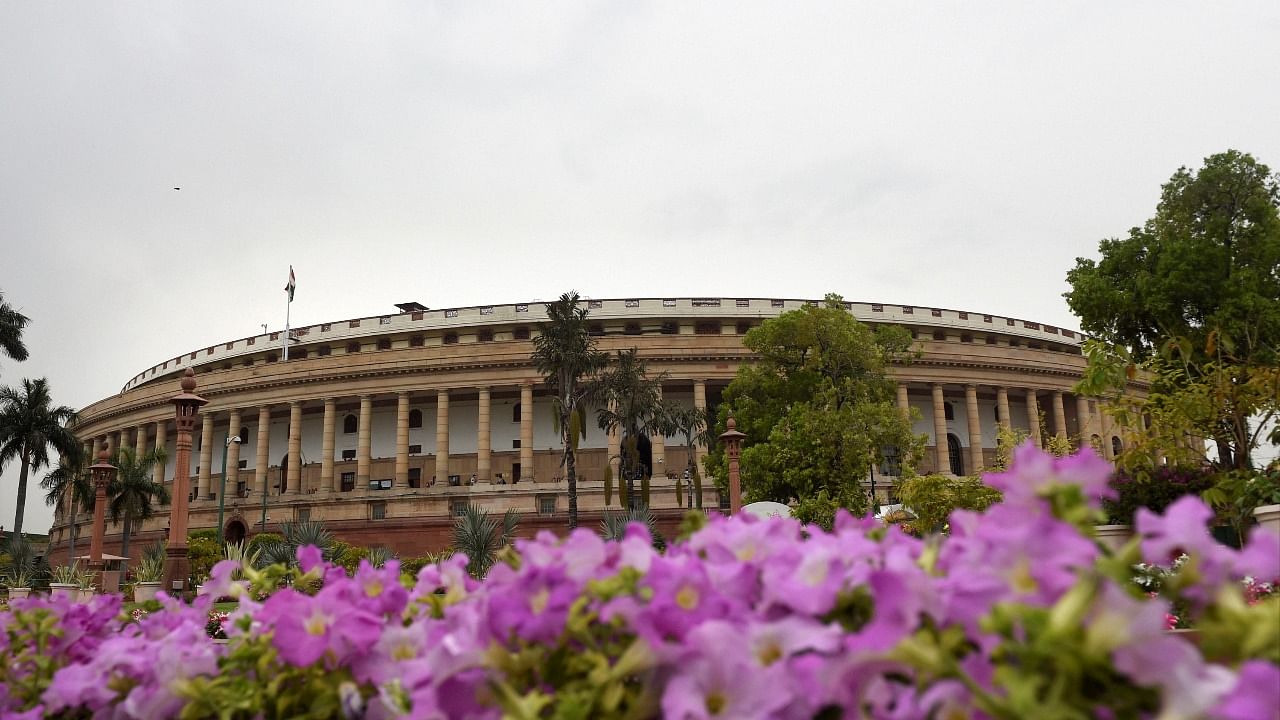
In a rare show of unity during the ongoing Monsoon Session, the Lok Sabha on Tuesday unanimously passed the Constitution (127th) Amendment Bill, following an orderly debate.
The Bill seeks to restore states' and union territories' powers to make their own OBC lists after the Supreme Court said the Constitution (102 Amendment) Act, 2018 took away the states' power to declare lists for Socially and Educationally Backward Classes (SEBC) for grant of quota in jobs and admissions.
How will the Constitution (127th) Amendment Bill restore rights of states and UTs to make their own OBC lists? Read on to find out:
What is a Constitutional amendment?
A Constitutional amendment is, as the name suggests, a change introduced into the Constitution of India. According to Article 368, Parliament may, in exercise of its constituent power, amend by way of addition, variation or repeal any provision of the Constitution.
What does it take to pass a Constitutional amendment?
According to Article 368, an amendment of the Constitution may be initiated only by the introduction of a Bill for the purpose in either House of Parliament and passed only when the Bill is passed in each House by a majority of the total membership of that House present and voting.
A Constitutional amendment, like regular Bills, requires the assent of the President before it can be enacted.
Why was the amendment needed?
It all started when the Supreme Court struck down a 2018 Maharasthra law in May which provided reservations to Marathas in jobs and education for being in violation of 50 per cent cap on quota and fundamental right to equality. In its verdict, the top court also declared that with the 102nd Constitutional Amendment passed in 2018, states would not have the power to prepare a list for socially and educationally backward classes.
How does the Bill help states define OBC lists?
The Constitution (127th) Amendment, which allows for states to create their OBC and Socially and Educationally Backward Communities (SEBC) lists, creates consequential amendments in Articles 338B and 336 of the Constitution, which enables states to directly notify OBCs and SEBCs without having to refer to the National Commission for Backward Classes. Along with this, the state Assemblies will be enabled to notify state lists, as it will be taken out of the President's domain.
However, states and UTs will remain bound to the 50 per cent ceiling imposed on reservations.